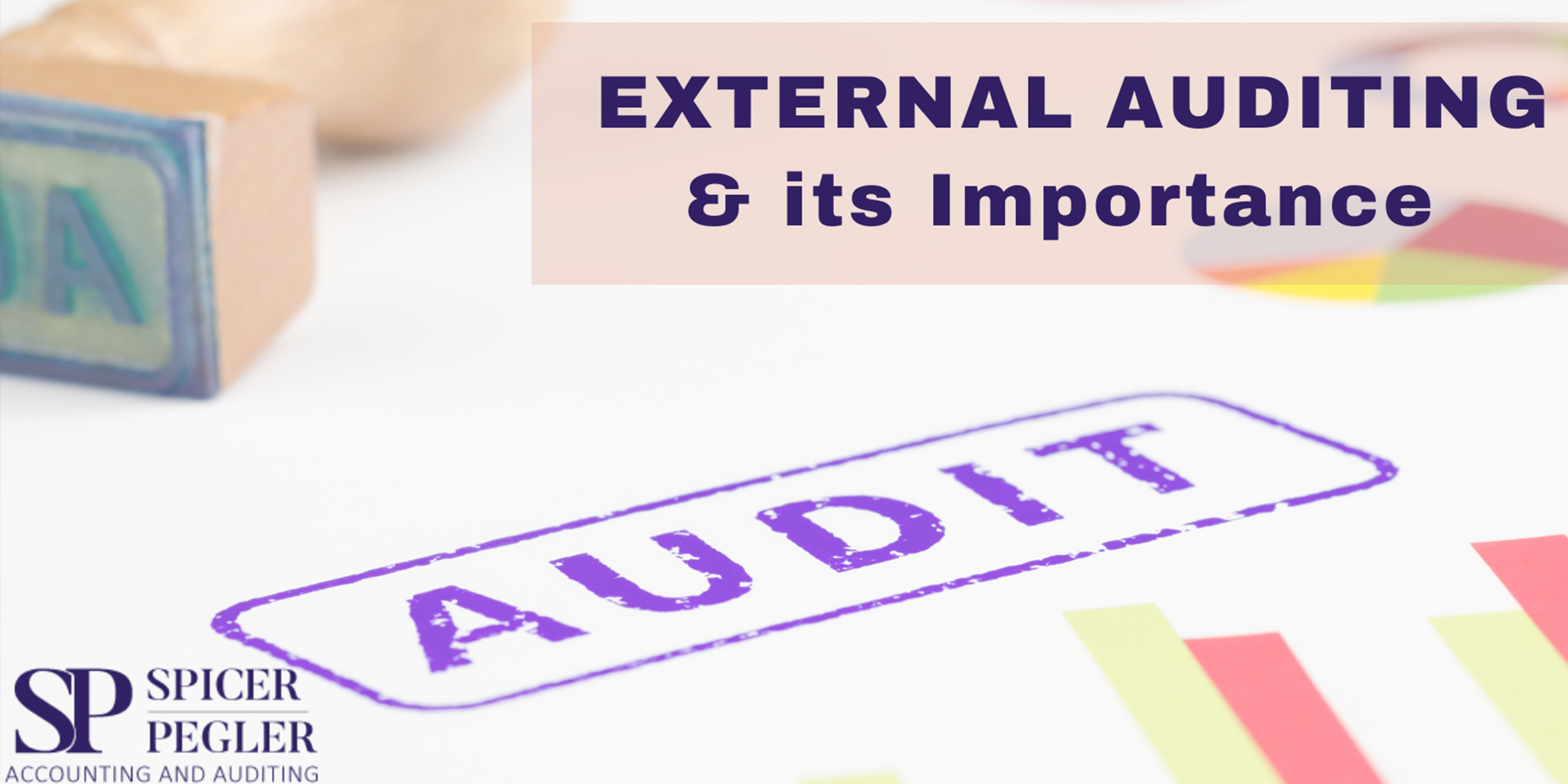Importance of External Auditing
External auditors specialize in professionally performing an impartial review of the financial records of an organization. Auditors are responsible for inspecting a client’s accounts and financial statements, and formulating impartial reports of the conclusions, including any irregularities. A thorough review is performed of the transactions and balances of the company’s accounting records, to determine whether they are complete and accurate.
For an external audit, auditors are usually appointed by stakeholders of the company. Similarly, external auditors are usually outsourced based on their skills, experiences, qualifications, and reputations.
Process of an External Audit
The process of an external audit usually follows three stages the planning stage, the evidence gathering stage and the completion stage.
- Planning StageThe external audit process usually leads after auditors are selected for the audit of the company. In general, audit events commence with the planning of an overall audit, this includes an acceptance of the client by signing an engagement letter after agreeing on the terms for forming an audit team, determining the time and scope of the audit.A vital aspect of planning an external audit is the risk assessment that auditors execute in order to evaluate the risks of material misstatements that could ensue in financial statements due to the business environment.The final segment of the planning process is developing the overall audit strategy, in order to certify that the audit process is completed in an efficient and effective manner and that complete risk management has been taken care of. This stage of external audit includes designing overall audit programs and procedures and assigning audit tasks to various team members based on their skills and experiences.
- Evidence Gathering StageIn this stage of an external audit, auditors require to attain sufficient and appropriate audit evidence before they can formulate an opinion on financial statements. Hence, they need to perform audit tests including tests of controls and substantive tests in order to collect the audit evidence.Post this, auditors also need to evaluate substantive tests including both substantive analytical procedures and tests of details. Substantive analytical procedures are accomplished by evaluating trends, ratios, and relationships between data, including both financial and non-financial information.Tests of specifics are completed by inspecting supporting documents on transactions and balances, physical examination on fixed assets, and recalculation on the work done by the client, etc.In general, auditors need to assess all appropriate financial statement assertions, including occurrence, existence, completeness, accuracy, cutoff, etc. in the external audit to acquire adequate and apposite audit evidence to form the basis of opinion.
- Completion StageCompletion stage is the final stage of the external audit process where auditors give their conclusions on the client’s financial statements whether they are presented impartially in all aspects. In this case, external auditors make an overall conclusion by implementing their professional judgment.However, sometimes external auditors also give a modified audit opinion which could be qualified opinion, adverse opinion or disclaimer of opinion.In this case, it would mean financial statements may have discrepancies, either due to material misstatements or due to auditors being unable to collect sufficient and accurate audit evidence to form the basis of opinion.
Importance of an External Audit
- To have an unbiassed valuation of financial statements whether to attain a fair and justified view, in all aspects.
- To review whether financial statements have been formulated in accordance with applicable accounting standards, such IAS and IFRS.
- To augment the overall quality of the company’s financial statements so that the shareholders, lenders, suppliers, and other investors, gain more confidence in having a business relationship with the company.
- To conform with applicable laws and regulations that required the company to have its accounts audited by an independent third party.
Why choose us?
We at Spicer Pegler have delivered excellence in external auditing, with our auditors not only being independent but even transparent and hassle-free to work with. Our auditors work with dedication performing their best at auditing and analysis.



